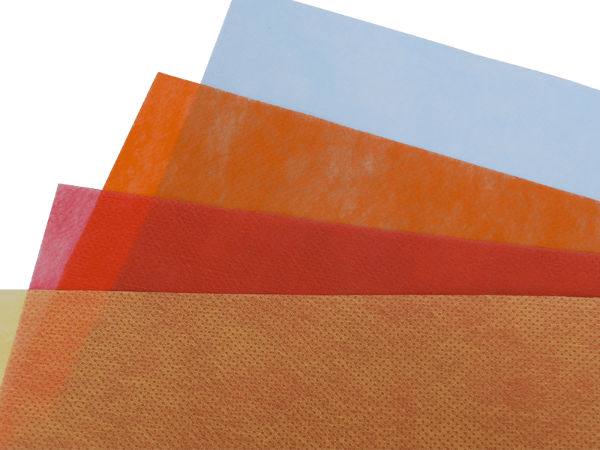
Polypropylene (PP) nonwoven fabric has become increasingly popular in various industries due to its unique properties and versatility. This innovative material is made from polypropylene fibers that are bonded together through a process called spunbonding or meltblowing. The resulting fabric is lightweight, durable, and offers a range of benefits that make it suitable for numerous applications.
One of the most notable advantages of PP nonwoven fabric is its excellent barrier properties. The material is highly effective in filtering out particles, making it ideal for use in face masks, air filters, and other filtration products. This characteristic has become particularly important in the wake of the COVID-19 pandemic, as PP nonwoven fabric has been widely used in the production of personal protective equipment (PPE) to help prevent the spread of the virus.
In addition to its filtration capabilities, PP nonwoven fabric is also known for its moisture-wicking properties. The material can quickly absorb and disperse moisture, making it suitable for use in hygiene products such as diapers, sanitary napkins, and incontinence products. This feature helps to keep the skin dry and comfortable, reducing the risk of irritation and infection.

Another benefit of PP nonwoven fabric is its durability and strength. Despite being lightweight, the material is resistant to tearing and stretching, making it suitable for use in a wide range of applications. This includes packaging materials, agricultural covers, and construction materials such as house wraps and roofing underlayments.
PP nonwoven fabric is also eco-friendly and recyclable. Unlike many traditional fabrics that rely on natural resources and may contribute to environmental degradation, PP nonwoven fabric is made from a synthetic material that can be easily recycled. This helps to reduce waste and minimize the environmental impact of production and disposal.
The versatility of PP nonwoven fabric has led to its adoption in various industries, including healthcare, agriculture, automotive, and construction. As technology continues to advance, it is likely that we will see even more innovative applications for this remarkable material.
PP nonwoven fabric is a versatile and beneficial material that offers a range of advantages, including excellent barrier properties, moisture-wicking capabilities, durability, and eco-friendliness. As industries continue to recognize the potential of this innovative fabric, we can expect to see its use expand even further in the years to come.
